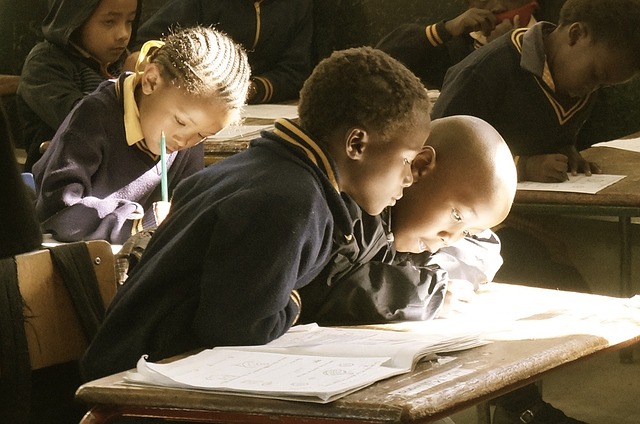The Indonesian education system places hurdles on teachers when implementing it, according to one report. There is also allegedly confusion between different institutions on how to go about the government zoning system that was introduced by the ministry of education and culture.
It’s understandable that the Indonesian education system and its implementation are considered very complex. The complexity stems from how teachers’ activities such as employment, promotion, and salaries are handled to how the ministry runs the education system.
The system is also reportedly paralyzed by the macro-policy coordination implemented by the country.
Employment of teachers in Indonesia
The process of teachers’ employment is coordinated and managed by the central government. The local government does not have a lot of power in the matter when it comes to teachers’ employment and deployment to any given region. The teachers, therefore, become government civil servants once they are hired.
It would not be surprising for teachers, therefore, to be placed in a peculiar situation where their number one priority is service to the government, not the students. The Indonesian education system expects teachers to show loyalty to the government above all else. This may hinder how they deliver learning materials to students and implementation of the curriculum.
Administration of the Indonesian education system
Law No. 23/2014 which is aimed at local governments states that teachers recruitment, training, payment, deployment and promotion of teachers falls under the national government.
This means that provincial and district administrative areas plus other local authorities are not authorized to handle teachers during their entire carrier lifetime. They are only given small control such as deploying teachers within administrative boundaries.
Indonesian education system’s stratification has also affected the countries education system. The system implements the zoning of schools based on education performance. This means that high performing schools are allocated more resources than their counterparts.
Through the Indonesian education system, high performing schools also receive better scoring students in their ranks and therefore continue to receive disproportionate funds while denying the low performing schools such resources.
What that does is create a situation where parents do not want their children to go to these schools that are categorized as low performing. Although the motivation of the Indonesian education system is understandable, there is no clear cut procedure of elevating these schools to compete with other schools because they are underfunded. The Indonesian education system has sadly created inequality within the ranks of students.
The way forward for all these mishaps in the education system is trying to work from basics and implementing new policies that will address the current problems. Teachers also need to have flexibility in how they handle deliver learning materials with no restriction from the national government while implementing the curriculum.
How about the call to reduce illiteracy by a country-led approach supported by World Bank Education? We hope that teachers will soon be confident in implementing the complex Indonesian education system.








